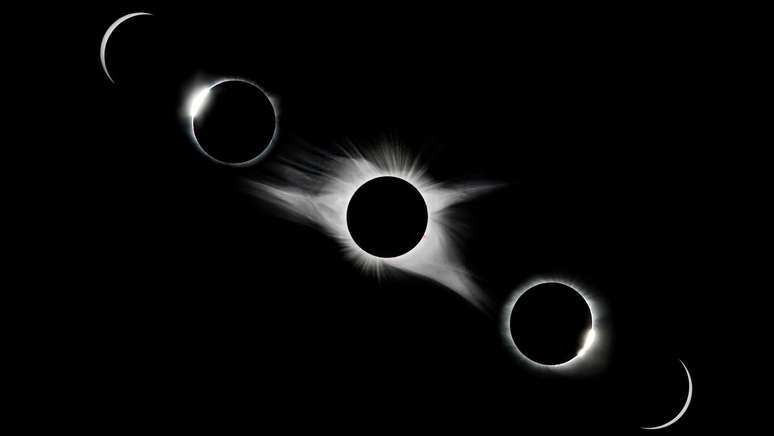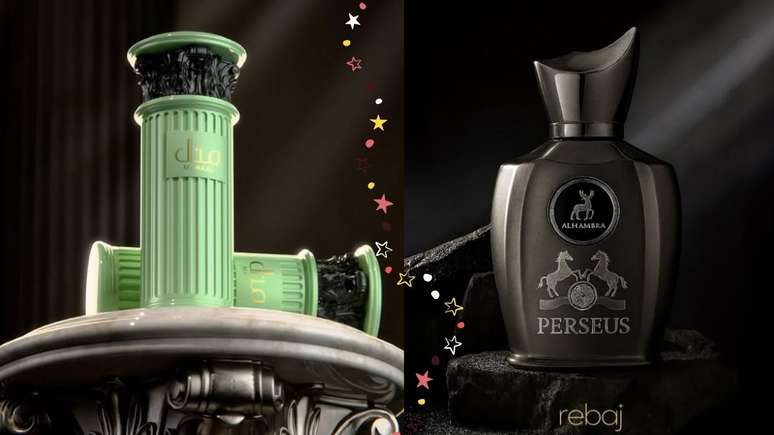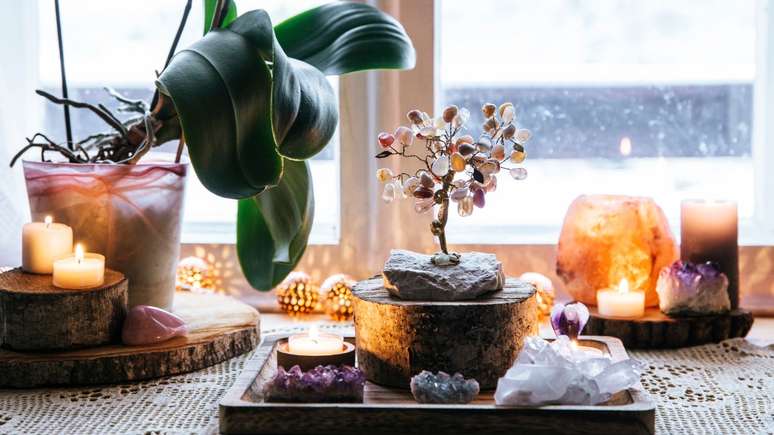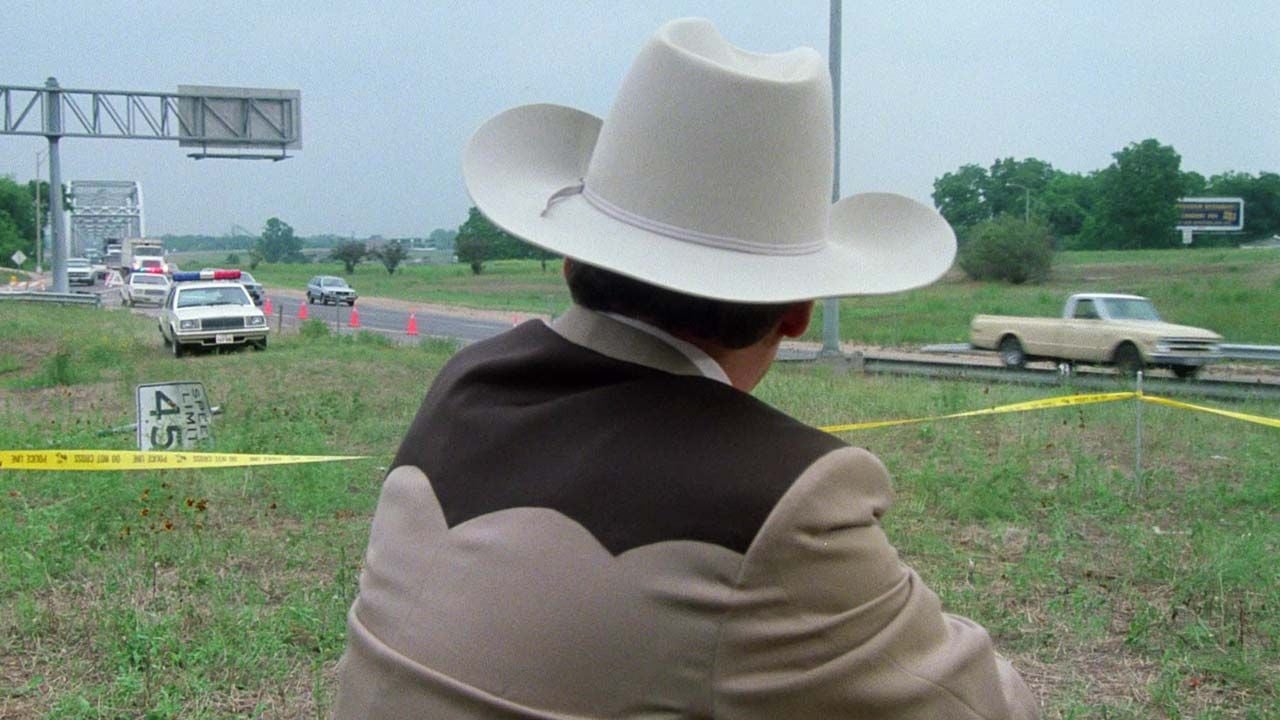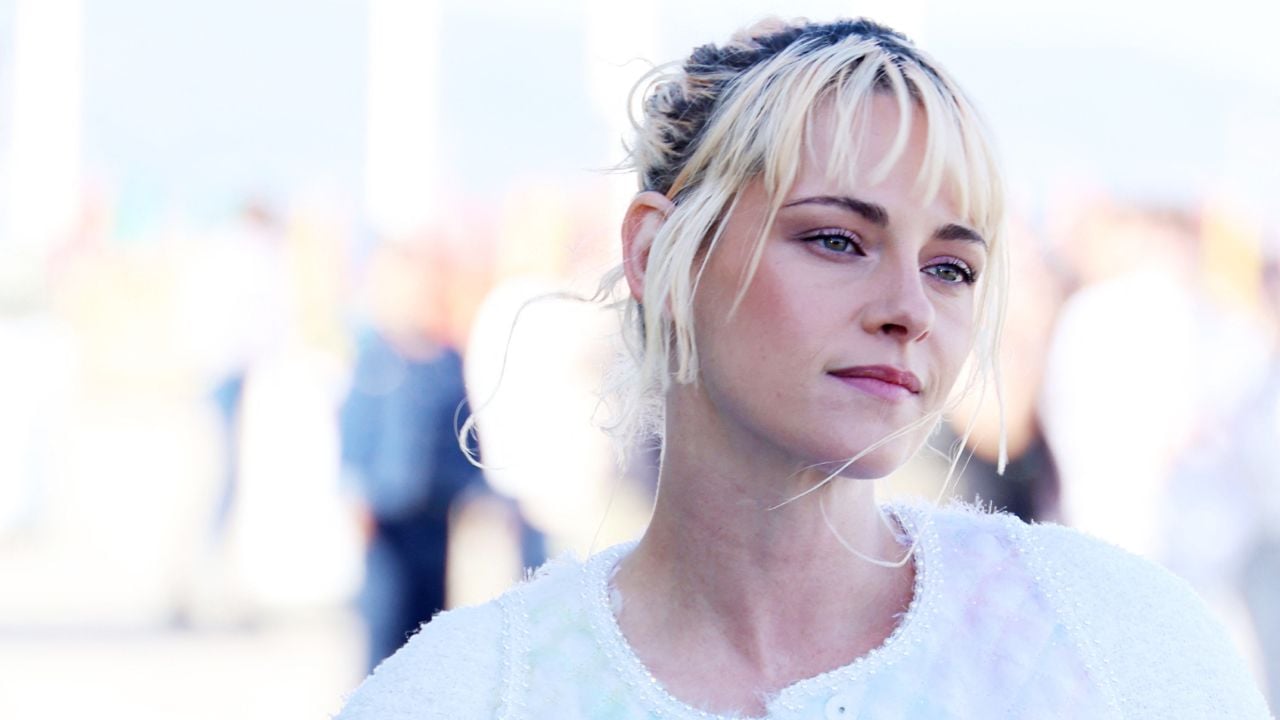To put an end to popular beliefs with no scientific basis, NASA has cleared up the eclipse myths and clarified the truths
The total solar eclipse is a topic that fascinates many people, and obviously a series of doubts, theories and even myths about the eclipse could not fail to pop up on the internet. effects of an eclipse on people’s health. After all, is the radiation on an eclipse day different? Does anything change in our body? Let’s clear up the doubts!
- Find out how to watch this Monday’s total solar eclipse (8)
- Total solar eclipses will end. When will it be the last one?
From a scientific perspective, the radiation on a solar eclipse day is not actually the same as on other days. Since the Sun is covered by the Moon, there is a small decrease in the amount of radiation emitted by our star, which, in fact, changes some routines here on Earth, generating, for example, damage to radio communications.
With so many people questioning the facts surrounding the eclipse and its impact on our lives (and even our health), the NASA has published a page entirely dedicated to debunking myths and clarifying truths about the celestial phenomenon. Watch!
Eclipses produce lightning that causes blindness
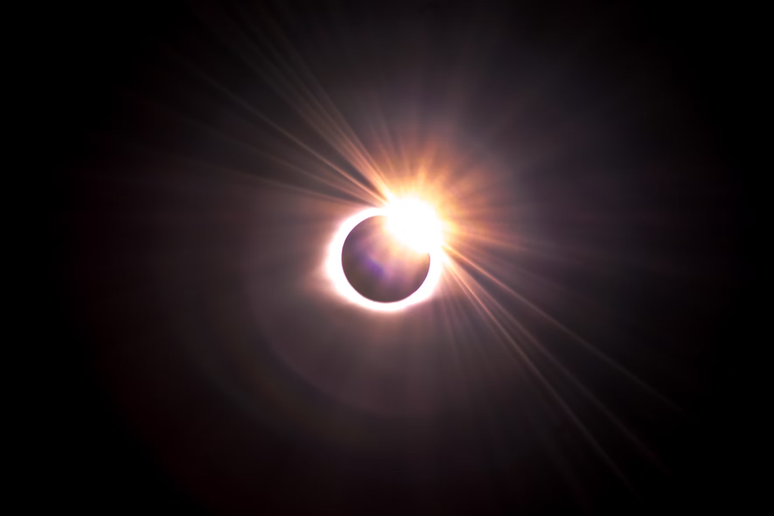
You’ve probably heard that you shouldn’t look at a solar eclipse directly, that is, without any eye protection. This is a fact, since our retina can be damaged if we look directly at the sun. But it is not the eclipse that can cause blindness, but the Sun.
It turns out that we can’t just “face the sun” without protection, any day of the year, with or without an eclipse. After all, it is the radiation from the sun’s rays that can damage the eyes and cause the retina to shift.
On days of solar eclipse, such as the one that will be visible in the northern hemisphere, you can also watch: as long as it is at the moment when the sun is completely covered. The problem is when it still appears, even partially, since the infrared light of the sun’s rays is enough to cause disturbances and damage to vision.
We have already made suggestions on this how to observe a solar eclipse safelyto protect your eyes. Among them is the use of special eclipse glasses, filters made of polyester or black polymer.
Pregnant women and children are affected by the eclipse
This is a myth and, according to NASA, does not make it impossible for pregnant women to be safe or view the eclipse with protection. The eclipse, in itself, will not harm the baby or the mother.
According to the space agency, we all already live “immersed”. neutrinos“, that is, day after day we are hit by particles produced by the Sun’s nuclear fusion. “Every second, your body is hit by trillions of these particles, no matter whether the Sun is above or below the horizon,” explains the agency .
As for pregnant women, these neutrinos do not affect their health or that of the fetus in any way. “It is a completely harmless effect and would not harm either the pregnant woman or the developing fetus,” she concludes.
The eclipse causes food poisoning
Imagine the following scenario: what if, in the middle of the day solar eclipse, you decide to eat a salad and, a few hours later, you feel sick? Well, it’s certainly not the eclipse’s fault: food poisoning is common and happens every day, whether there is an eclipse or not.
“The mere idea that total solar eclipses are scary, because of their greenish coronas, makes it inevitable that many people will make up terrifying stories about the solar disk and look for coincidences between the events that happen there,” explains NASA. In other words: the day “turns into night” for a few moments does not affect your digestion, nor does it inebriate you. The reason for this is the old inattention towards food, which may even be spoiled or contaminated.
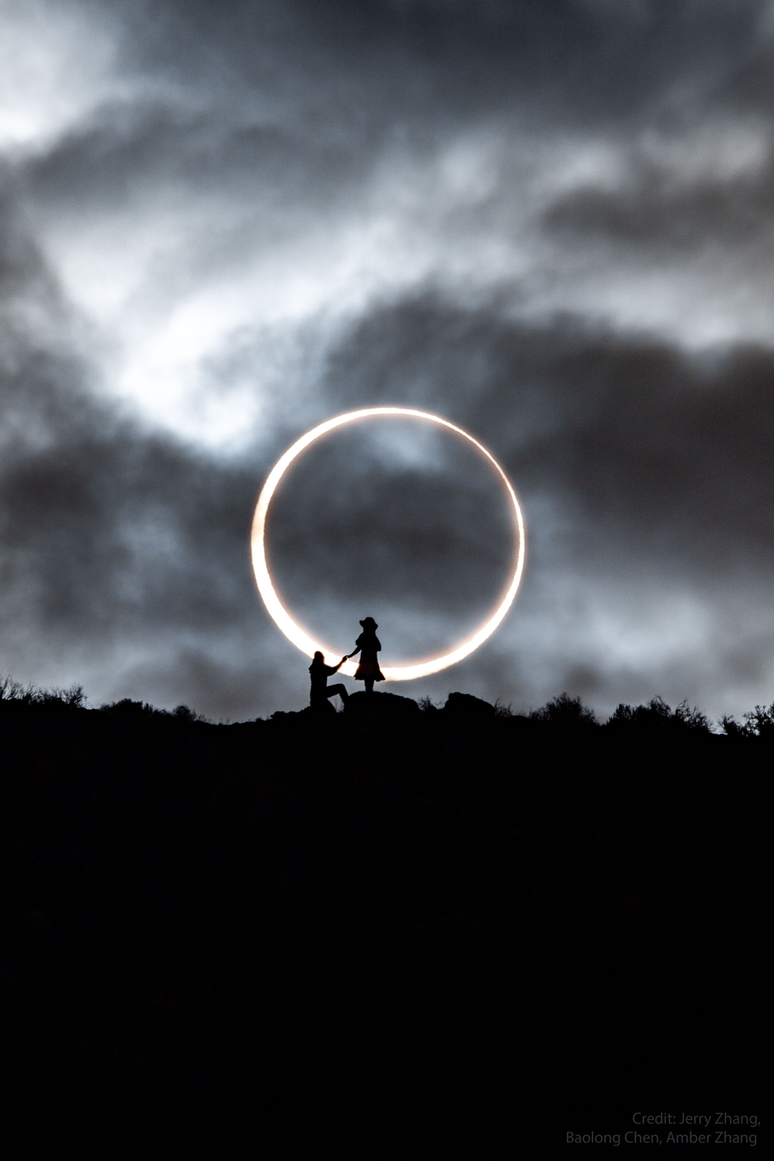
Eclipses are an omen of life change
Myth! Let’s leave mysticism aside and just focus on science? Thinking that a star or some celestial event will bring surprises into our lives is an idea that only makes sense if you believe in pseudoscience, or if you rely on unproven beliefs that stars and planets control human behavior.
When a eclipse, solar or lunar, it won’t change your life or the lives of your friends. If something like this happens, it is due to chance or coincidence. “There is nothing beyond human psychology that connects eclipses with what will happen in your life,” NASA points out.
Eclipses on your birthday harm your health
Another great absurdity is to believe that the total solar eclipse six months before or on your birthday will harm your health in some way. This is a common belief among astrologers, but it is supported only by confirmation bias. There is no physical relationship between one thing and another.
It’s like believing that the new Moon, precisely because it is “new”, will bring you new things. If you look at a random sample of people, you might find such correlations simply coincidental, but they are outnumbered by all the other times you were in great health. In other words: another myth debunked by science.
Source: NASA
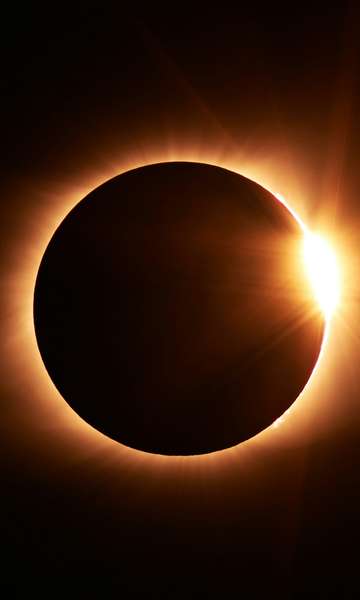
Solar eclipse predictions for each sign
Trends on Canaltech:
- The 10 most watched series of the week (04/07/2024)
- Windows 11 24H2 will not update with these apps installed on your PC
- The 50 funniest Google Assistant jokes
- Solar eclipse: see the best photos of the astronomical event
- The 10 most watched films of the week (04/06/2024)
- Is it possible to block Twitter? See what the experts say
Source: Terra
Ben Stock is a lifestyle journalist and author at Gossipify. He writes about topics such as health, wellness, travel, food and home decor. He provides practical advice and inspiration to improve well-being, keeps readers up to date with latest lifestyle news and trends, known for his engaging writing style, in-depth analysis and unique perspectives.

